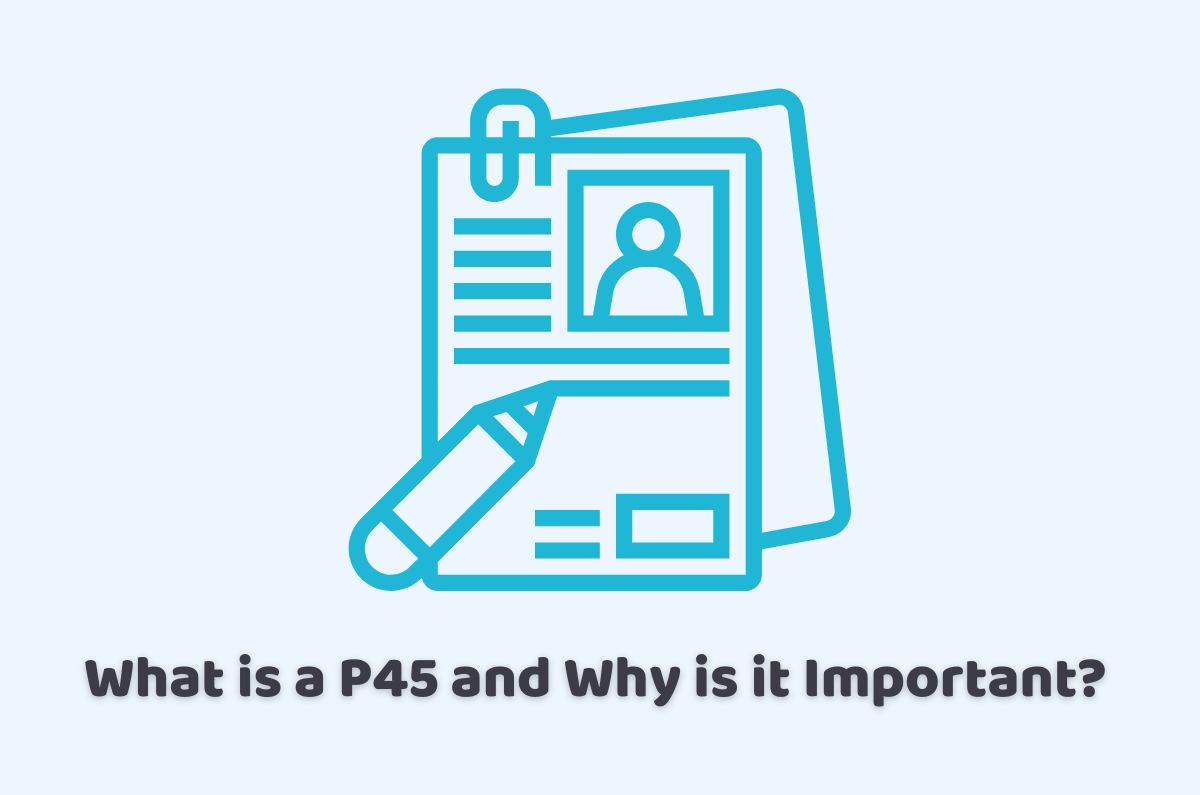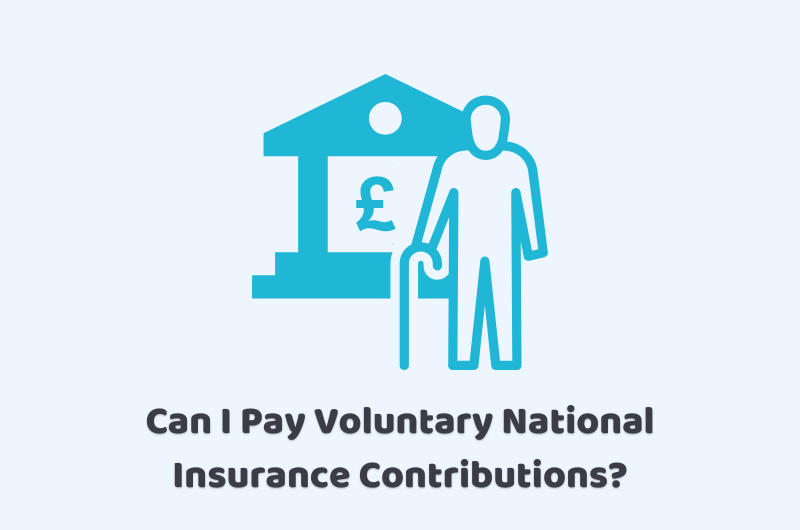01/02/2024tax , Tax Issues , Taxation
What is P45? The P45 form contains information about the employee’s tax and National Insurance contributions during their employment and is essential in ensuring that the employee’s tax and National Insurance contributions are accurate and up-to-date. This form is an important document for employees in the UK, as it provides accurate and up-to-date information about …
Read more

